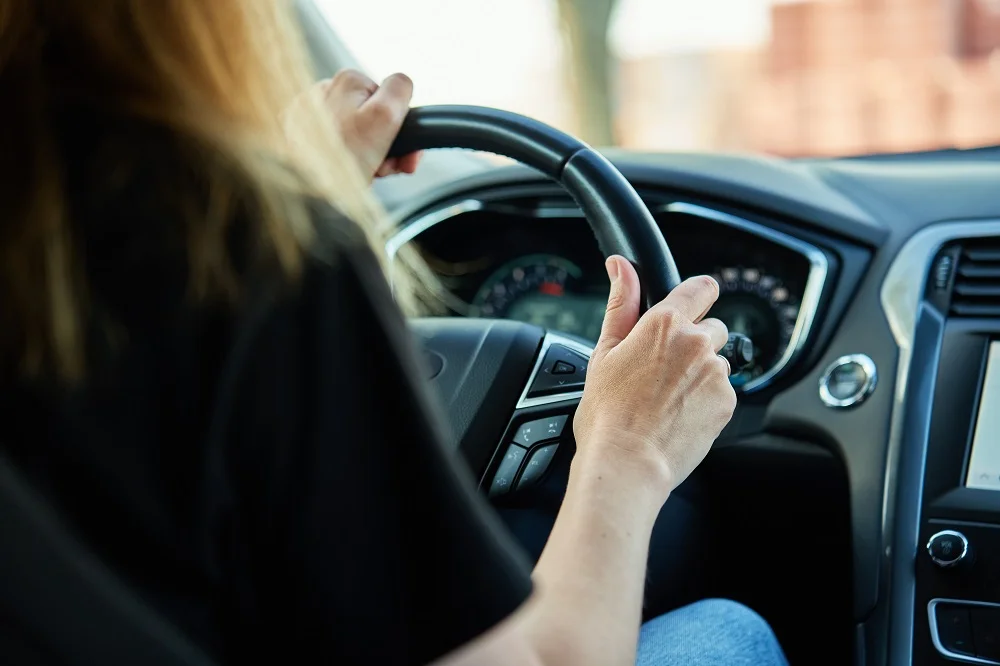Our Experienced Attorneys: Focusing on Ohio OVI Vehicle Recovery
A court-ordered vehicle immobilization can leave you stranded. As a result, you might not be able to go to work or school. Your family might not even be able to go shopping without your vehicle.
Our firm has over 50 years of combined legal experience safeguarding the rights of our clients, including their property rights. We understand the stakes you face after the police perform a DUI impound or a court orders vehicle immobilization. Our attorneys know Ohio law and can help you and your family understand your options for recovering your car.
Contact us to discuss your situation and learn about your rights under Ohio law.
Immobilization and Criminal Forfeiture Penalties
What is vehicle immobilization? Vehicle forfeiture, immobilization, and impoundment occur when the government seizes property allegedly used while committing a crime.
The offenses that trigger these punishments include OVI, driving on a suspended license after an OVI, and wrongfully entrusting your vehicle to an impaired driver. Ohio law determines how and when these punishments may be imposed as follows:
First Offense
When the police arrest you for a first OVI offense, they can impound your vehicle if no passenger can drive it. The impound lot will release the vehicle upon payment of any fees.
The court does not have the authority to order the immobilization of your vehicle. Thus, you can legally drive your vehicle after recovering it from an impound.
Second Offense
The court must order immobilization of your vehicle upon conviction for a second DUI in ten years. The immobilization must last at least 90 days. The court does not necessarily seize the vehicle. However, it will seize the license plates.
Third Offense
The court must order criminal forfeiture upon a third OVI conviction in ten years. The police seize the vehicle, and you must pay to transfer the title to the state.


















